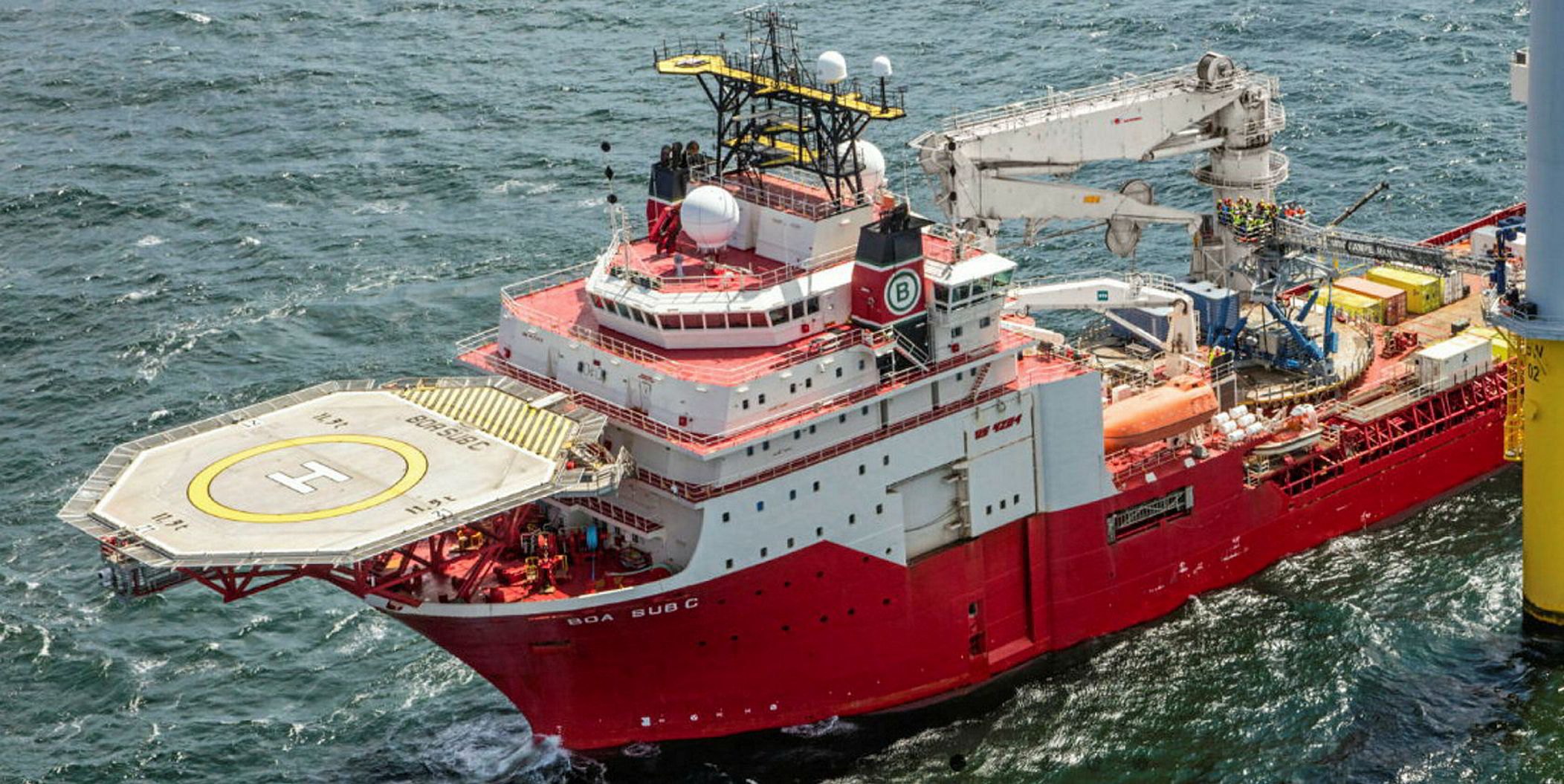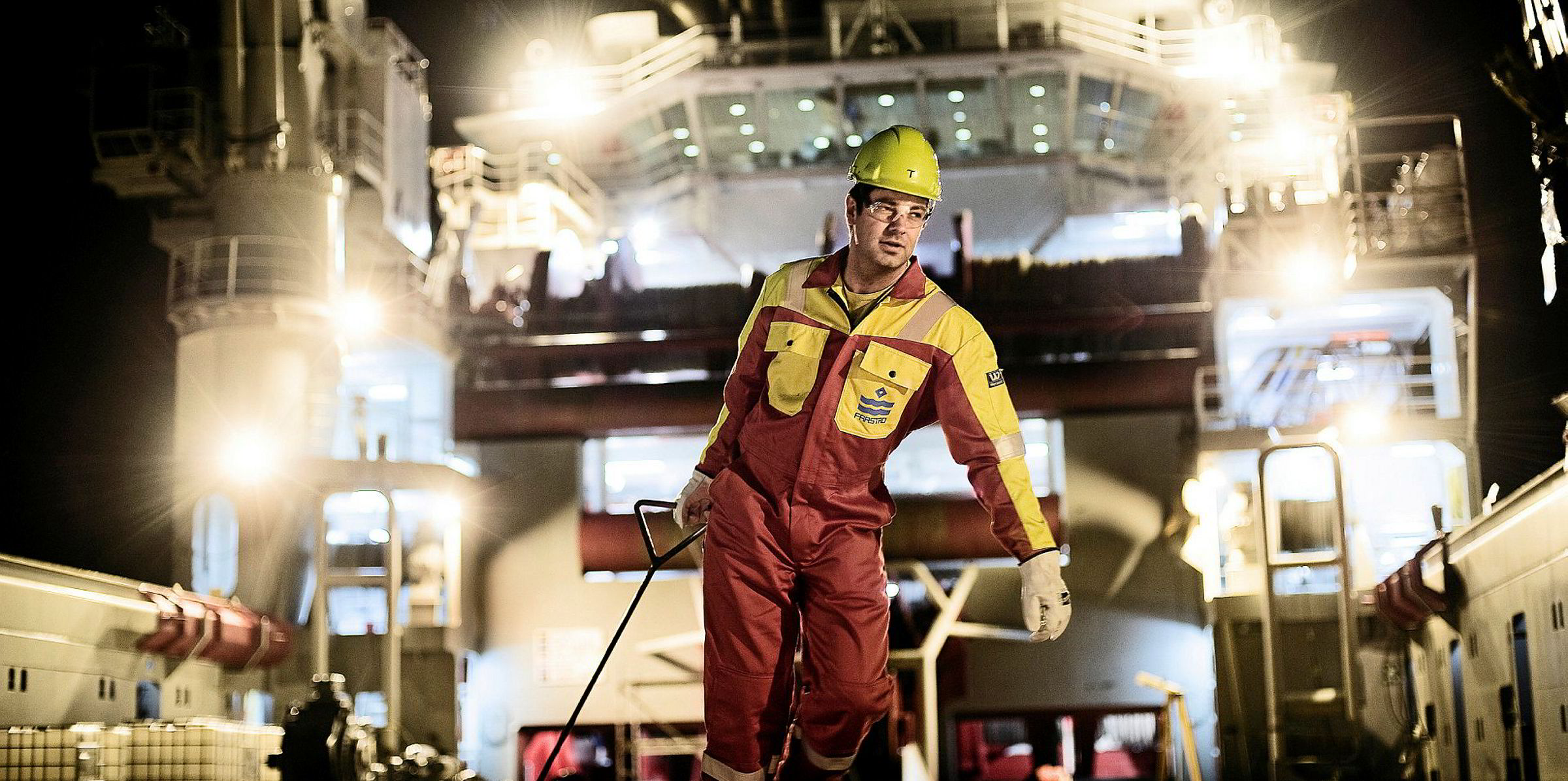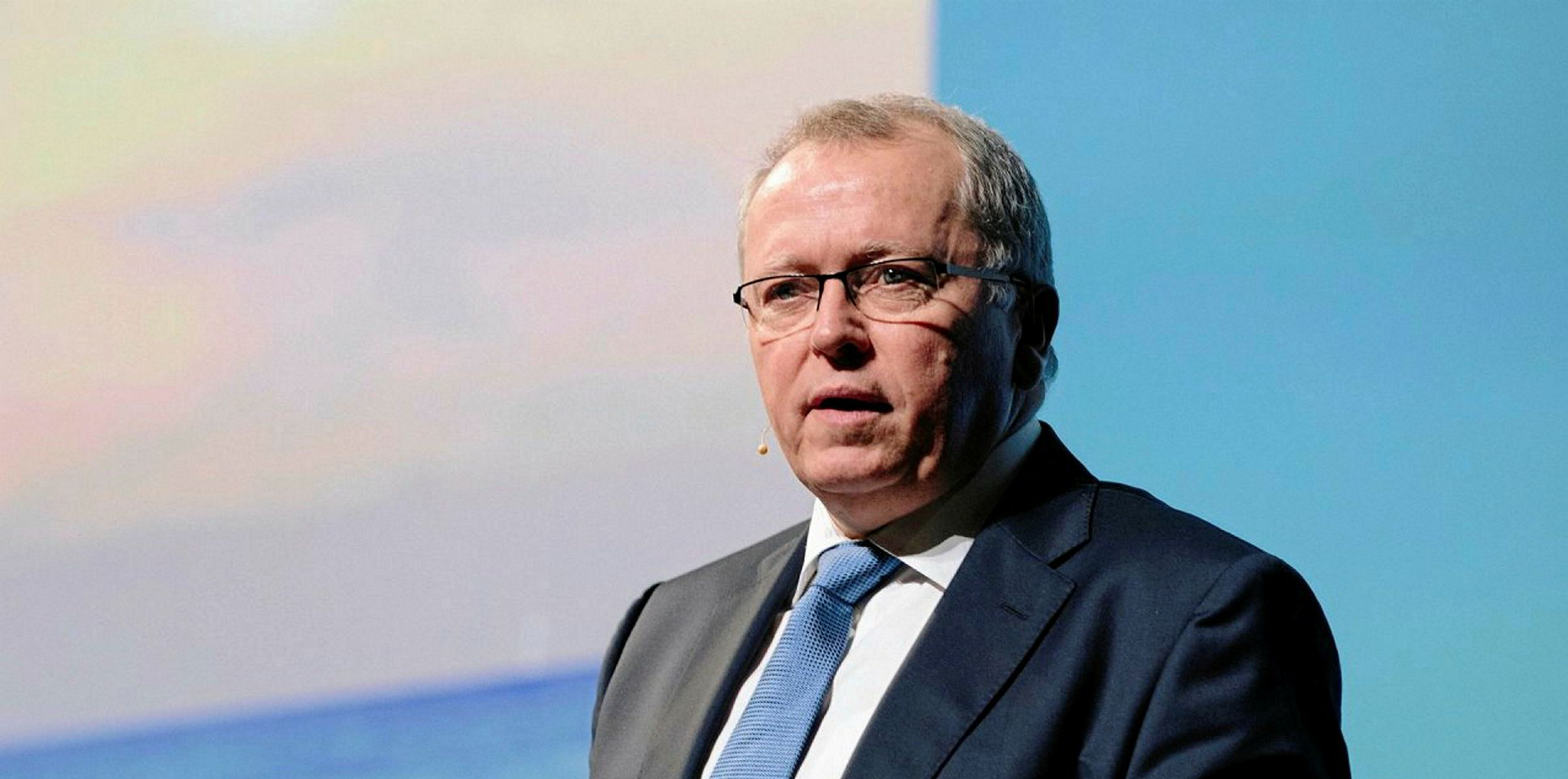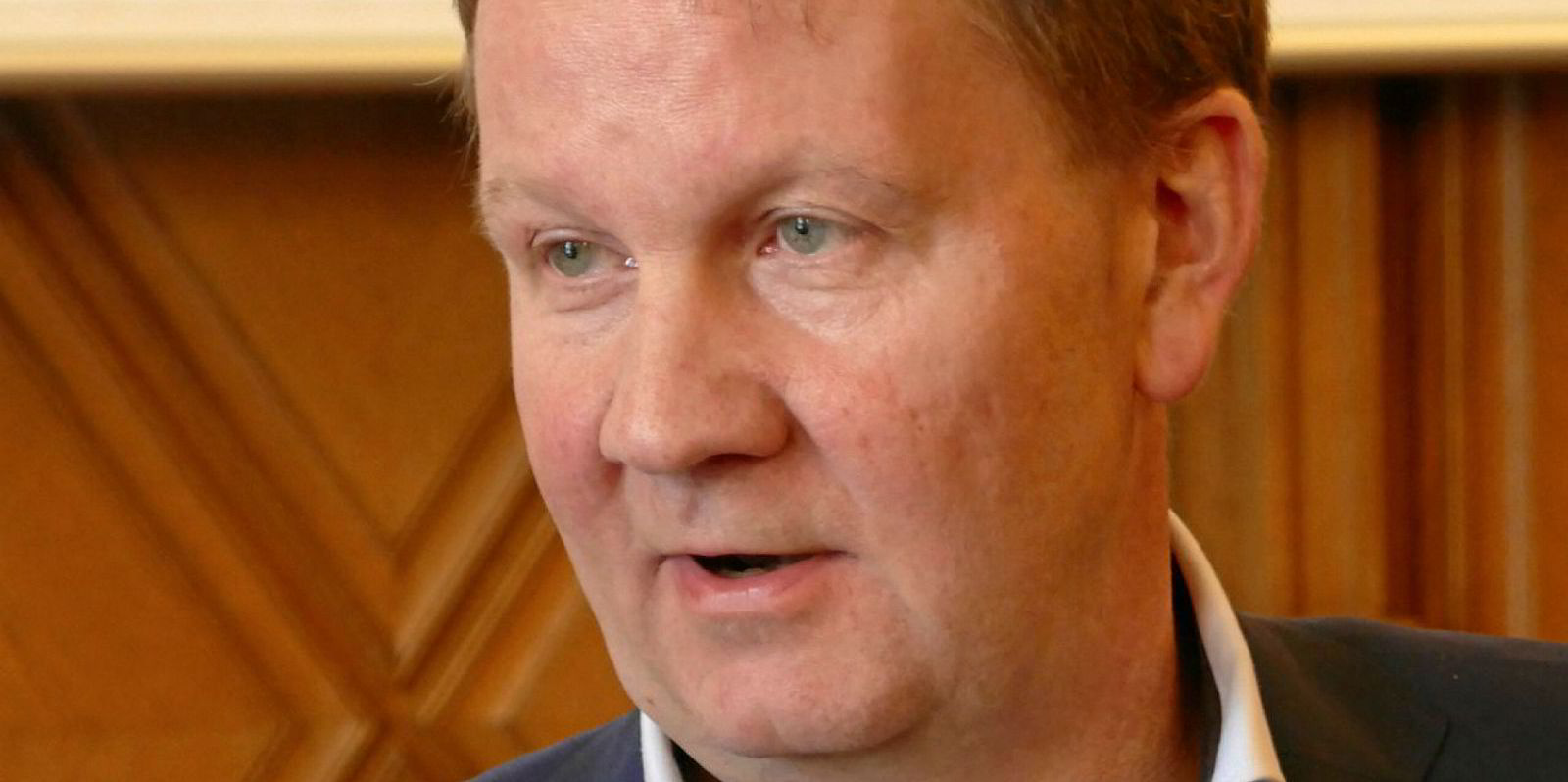Norway's Boa Offshore says there are still contracts available for offshore support vessels, but owners are having to accept low day rates.
The company's Boa OCV subsidiary owns two of the world’s highest-specification offshore construction vessels (OCVs).
In May, a one-year contract for one of these — the 12,100-dwt Boa Sub C (built 2007) — was cancelled by an unnamed client in West Africa.
The group has now been awarded a new 150-day charter in the North Sea for the ship, with options for up to 100 days of additional work from an unnamed client. The term starts later this month.
Budgets slashed
Boa is disputing the validity of the earlier termination.
The other OCV — the 9,000-dwt Boa Deep C (built 2003) — is idle in Norway after finishing a medium-term contract in Asia in the first quarter.
Boa said oil and gas companies' exploration and production budgets are estimated to have dropped around 30% in 2020 compared with 2019 levels.
The short to medium-term outlook has "changed dramatically for the worse" as a consequence of the Covid-19 pandemic and the oil price fall, the shipowner added in its first-quarter report.
"A number of sanctioned developments will be postponed, new sanctioning will be paused, and brownfield and maintenance activities will be postponed," Boa said.
"Despite the current weak market conditions, there are a few short-term contracts out in the market at low day rates."
Deals involving its Boa Barges and Boa Tugs units at the Tortue Field off Senegal and Mauritania have been delayed by a year.
Net loss cut in first quarter
In the first quarter, the company posted a net loss of NOK 25.5m ($2.61m), lower than the NOK 32.9m recorded in the same period of 2019.
Revenue was down at NOK 197m from NOK 396m, but financial costs were reduced.
Total assets stood at NOK 2.81bn on 31 March, with interest-bearing debt at NOK 2.86bn, with negative equity of NOK 656m.
The group has cash and cash equivalents of NOK 281m.
In March, Boa agreed a $400m restructuring of loans and bonds to put its business back on an even keel and stop staff leaving.
The owner of 20 OSVs, dredgers and tugs underwent a financial reorganisation in 2017 but had to revisit this agreement in the latest downturn.
The shipowner has agreed new terms with certain major financial creditors, and bondholders have agreed to push out maturity dates to 2024.
The refinancing involves more than NOK 1.8bn of bonds and NOK 2.5bn in loans and guarantees.






